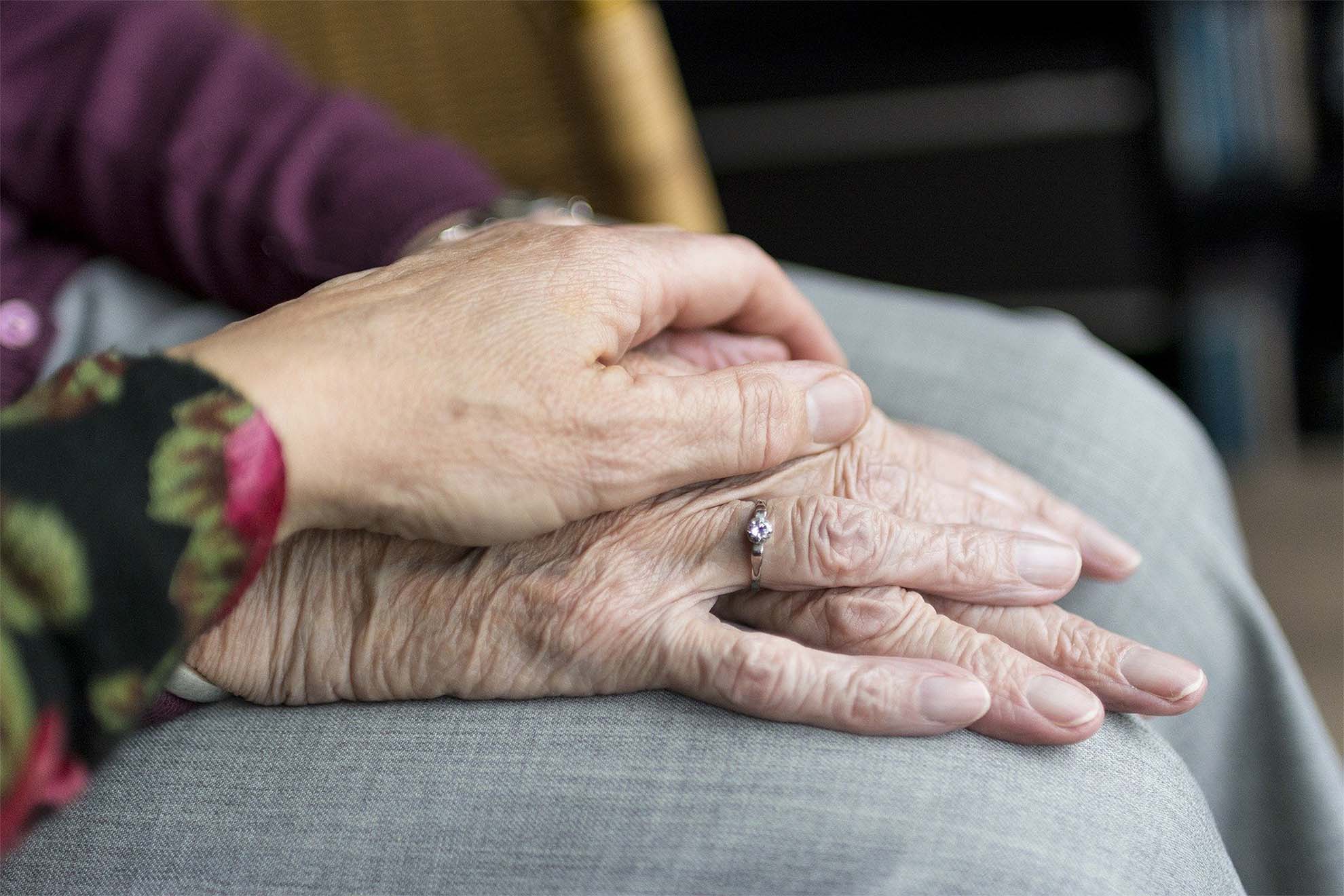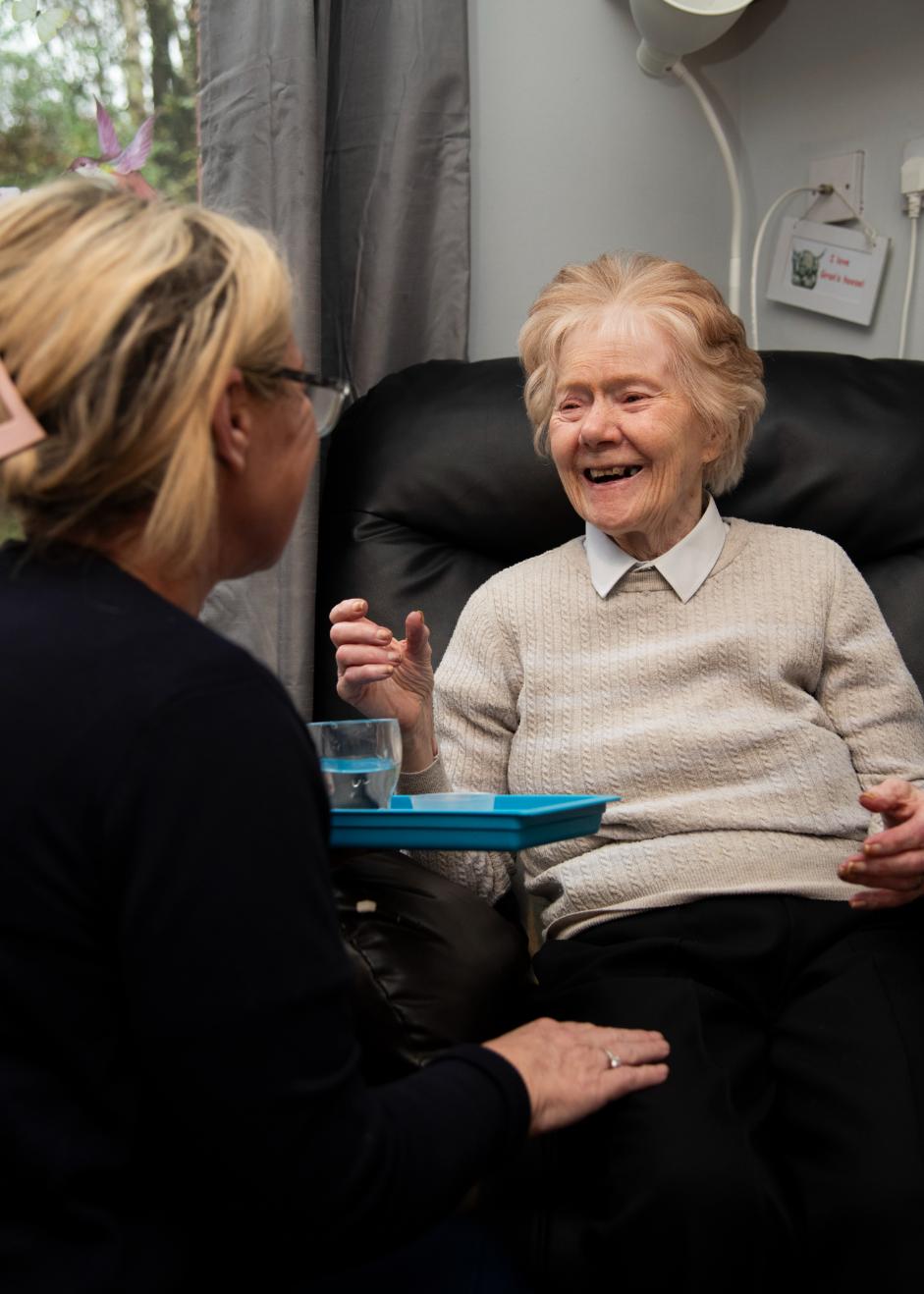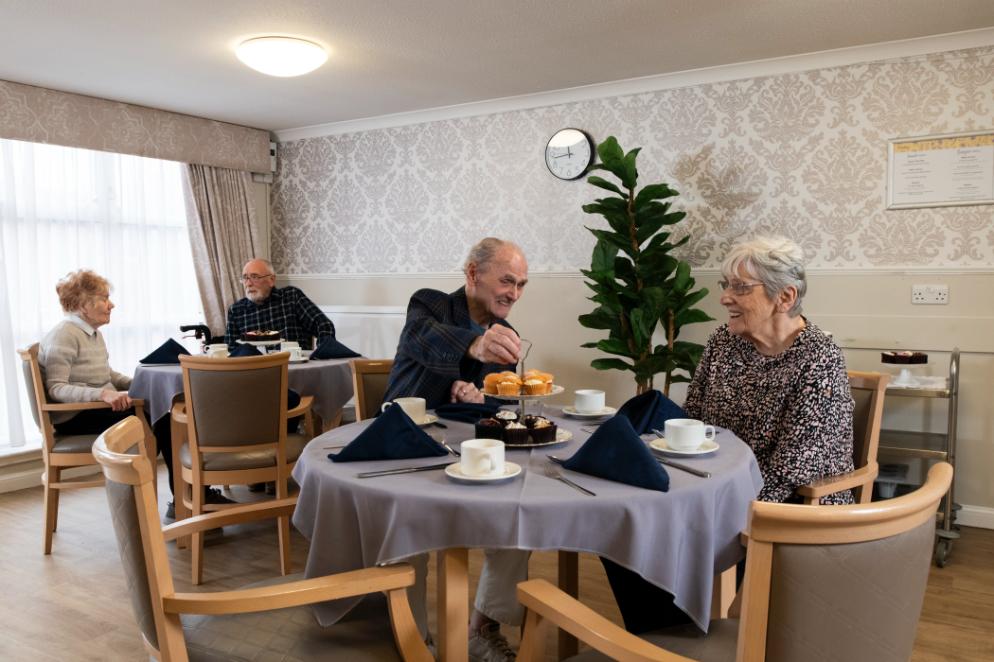The Importance of Activities for those with Dementia

Dementia is a progressive condition that affects millions of people worldwide, impacting their cognitive abilities, memory, and daily life. While there is no cure for dementia, research from organisations such as the Alzheimer's Society and Dementia UK highlights the importance of activities for those living with dementia in maintaining their wellbeing, improving mood, and fostering an enjoyable quality of life.
Engaging in meaningful activities helps people living with dementia maintain physical abilities, improve self sufficiency, and strengthen emotional connections with carers, family members, and friends.
The Benefits of Activities for People with Dementia
Engaging in activities tailored to a person's ability and interests can significantly enhance their quality of life. These activities help maintain cognitive function, support physical health, and encourage social interaction, which can improve self-esteem and reduce stress. By incorporating meaningful and enjoyable tasks into daily routines, individuals with dementia can experience a greater sense of purpose and connection with others.
Cognitive and Emotional Health
For a person living with dementia, engaging in structured exercise, life story work, and memory boxes can have profound effects on cognitive function. Activities that stimulate the brain can help slow cognitive decline, reduce stress, and improve overall mental health. Picture books, sensory experiences, and activities involving music have been shown to create emotional connection and improve mood, even when verbal communication becomes challenging.
Physical Health Benefits
Regular physical activity is essential for people with dementia to maintain muscle strength, improve balance, and support overall health. Simple exercises such as walking, stretching, or even household tasks like folding laundry can help a person with dementia maintain their physical abilities. Keeping active also reduces the risk of high blood pressure, heart disease, and other physical problems associated with a sedentary lifestyle.
Social and Emotional Connection
Activities play a crucial role in fostering enjoyable interaction and maintaining relationships with loved ones. Participating in outside activities, engaging in a person's previously enjoyed hobbies, or sharing in non verbal ways, such as through music or art, can create moments of joy and connection. Carers and family members can enhance the experience by demonstrating genuine interest in the life experiences of the person with dementia.
How Activities Help Maintain Self Sufficiency
A major concern for people living with dementia is losing their independence. Engaging in daily activities helps them improve self sufficiency, boost self esteem, and reinforce a sense of purpose. Encouraging individuals to take on an active role in tasks they have previously enjoyed, such as gardening, baking, or painting, can make a significant difference in their quality of life. Even small achievements, can build self confidence and contribute to overall well being.
Choosing the Right Activities
When selecting activities for a person with dementia, it's essential to consider their abilities, interests, and past experiences. Here are some examples of meaningful activities that provide many health benefits:
1. Music and Singing
Music is a powerful tool for emotional connection and memory recall. Many people with dementia respond positively to songs from their youth, experiencing improved mood and reduced anxiety.
2. Exercise and Movement
Structured exercise programs, such as seated yoga or tai chi, help people with dementia stay active, maintain muscle strength, and support hand-eye coordination.
3. Art and Creativity
Painting, drawing, or crafts provide a non-verbal way to express emotions and memories. Sensory experiences such as working with clay or fabric can be highly beneficial.
4. Gardening and Outdoor Activities
Spending time in nature through gardening or short walks provides both physical and mental health benefits. Outside activities offer fresh air, gentle exercise, and a calming atmosphere.
5. Life Story Work and Memory Boxes
Looking through old photos, creating scrapbooks, or compiling memory boxes with items from their past helps people with dementia maintain their identity and relive meaningful moments.
6. Household Tasks
Simple tasks like folding laundry, setting the table, or baking can provide a sense of routine and familiarity, reinforcing self sufficiency.
Tips for Keeping Active When You Have Dementia
Staying active is crucial for both physical and mental wellbeing. Here are some simple and effective ways for people with dementia to keep moving:
- Start small - Gentle stretching or a short walk can make a big difference.
- Engage in familiar activities - Doing things that a person enjoyed in the past, such as gardening or dancing, helps maintain interest and motivation.
- Use music for movement - Playing upbeat music can encourage natural movement, dancing, or gentle exercise.
- Try chair-based exercises - For those with limited mobility, seated exercises can help improve flexibility and muscle strength.
- Encourage participation in daily tasks - Simple household activities, such as folding clothes, or preparing food, provide a sense of purpose while keeping the body active.
Meaningful Activities for a Person with Dementia
Providing activities that have personal meaning can significantly enhance a person's ability to stay engaged. Meaningful activities include:
- Creating a memory scrapbook - Collecting photos and keepsakes can help trigger fond memories and stimulate conversation.
- Cooking or baking together - Familiar scents and actions can bring comfort and enjoyment.
- Storytelling and reminiscing - Sharing past experiences can create a sense of identity and emotional connection.
- Hand massage or aromatherapy - Sensory activities like these promote relaxation and reduce stress.
- Sorting and organising - Activities like sorting buttons, organising household items, or matching socks can provide engagement and structure.
- Watching favourite films or looking through picture books - Visual stimulation can offer comfort and encourage interaction.
Encouraging a Sense of Purpose
As dementia progresses, individuals may feel a loss of purpose. Engaging in structured and meaningful activities can hep restore a sense of contribution and fulfilment. Activities that allow individuals to help others, such as assisting in small household chores or taking care of plants, can provide a strong emotional boost.
The Power of Sensory Stimulation
Sensory experiences play a vital role in dementia care. Engaging the senses through aromatherapy, tactile activities, and music therapy can create soothing effects and encourage positive emotional responses. Activities that involve scents, textures, and sounds can evoke powerful memories and improve overall wellbeing.
The Role of Technology in Dementia Activities
Advancements in technology have made it easier to engage people living with dementia in stimulating activities. Digital picture frames, interactive tablets with memory games, and virtual reality experiences can provide both entertainment and cognitive benefits. These tools can be particularly helpful in engaging those who may have limited mobility.
Creating a Safe and Supportive Environment
A supportive environment is key to ensuring that activities remain enjoyable and accessible. Reducing clutter, providing clear visual cues, and maintaining a calm atmosphere can help individuals with dementia feel more comfortable and engaged. Adaptations such as large-print books, weighted blankets, and soft lighting can also contribute to a positive experience.
Community and Social Engagement
Social interaction is essential for individuals with dementia. Community programs, dementia-friendly social groups, and intergenerational activities help foster connection and prevent isolation. Encouraging individuals to participate in group activities can boost confidence, reduce anxiety, and enhance their quality of life.
The Role of Carers in Activity Engagement
Carers play a fundamental role in encouraging and supporting individuals with dementia in engaging in activities. Their patience, understanding, and ability to adapt activities to the individuals needs ensure meaningful engagement. Simple adjustments, such as breaking tasks into smaller steps or offering verbal encouragement, can make activities more accessible.
The importance of activities for those living with dementia cannot be overstated. Whether through exercise, music, creative expression, or daily activities, staying engaged provides many benefits, including improved mental health, better physical wellbeing, and strengthened relationships. By tailoring activities to each persons abilities and interests, we can enhance their enjoyable quality of life and help them maintain a sense of identity and purpose.
Organisations like Alzheimer's Society and Dementia UK continue to advocate for the power of meaningful engagement in dementia care, ensuring that people with dementia receive the support they need to live fulfilling lives.
To find out more about how we can help you or a loved one living with dementia, contact us today.






